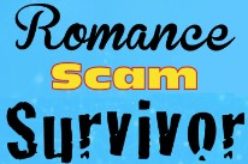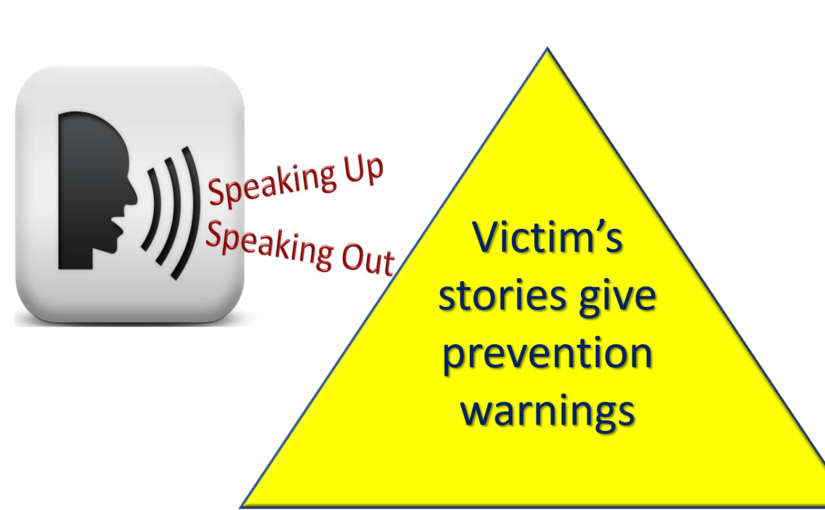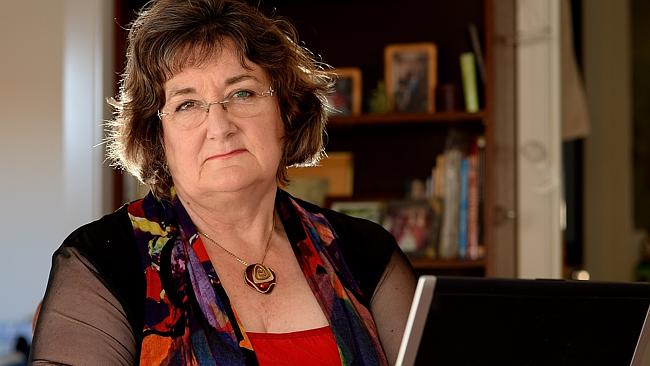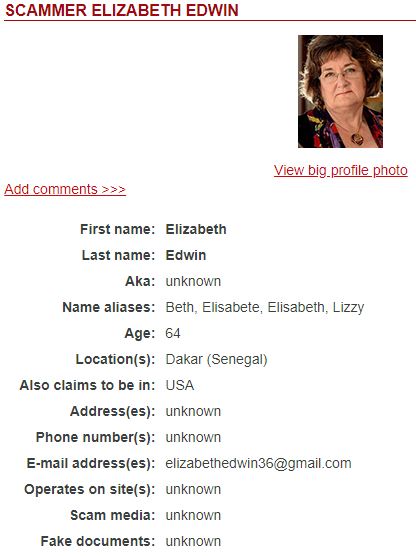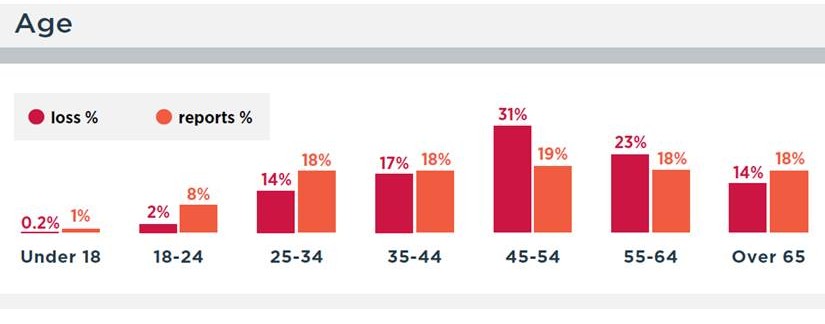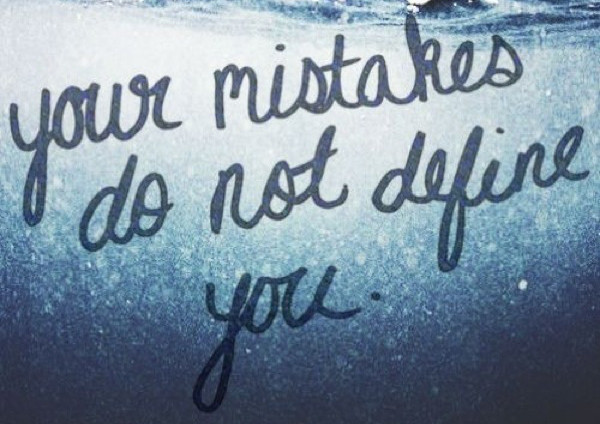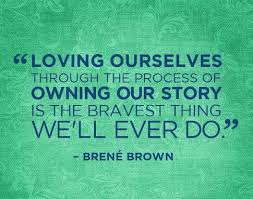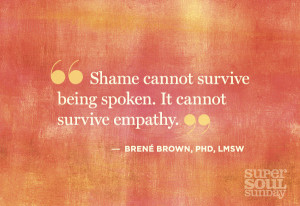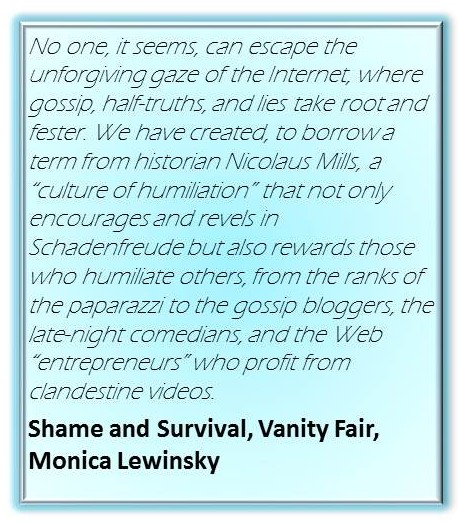The direct and most tangible consequence of being caught in a scam is loss of money. Some people don’t realise they have been scammed until large amounts are gone, never to be returned. For some, its smaller amounts. Whether its small or large is not a measure of its impact. I have seen people loose relatively small amounts, but given that they have small incomes and large outgoings, this has had a huge impact on them.
 Regardless, the response to being under the spell of a scammer when they ‘take the brain’ is that we will go beyond reason to give money. Not only do we loan our carefully sequestered savings, we can also take on more debt, sell our hard earned assets, and steal, beg and borrow money from our families or other places. We will loan whatever we can get our hands on to the scammer. We won’t know till later that this money will not come back. As we are defrauded, we condemn ourselves and our families to a different and poorer future.
Regardless, the response to being under the spell of a scammer when they ‘take the brain’ is that we will go beyond reason to give money. Not only do we loan our carefully sequestered savings, we can also take on more debt, sell our hard earned assets, and steal, beg and borrow money from our families or other places. We will loan whatever we can get our hands on to the scammer. We won’t know till later that this money will not come back. As we are defrauded, we condemn ourselves and our families to a different and poorer future.
It is beyond devastating when we realise that not only are we are not going to get the money back from the scammer, as promised, but that there is nothing anyone else can do to get it back either. That money is gone into the ether (a.k.a. the scammer’s pockets). In western society we expect to be able to make redress when things go wrong. There are normally laws which say this is wrong, and the person can be apprehended, charged, found guilty and there may be possible restitution or support as victims of crime. In the international and digital circumstances where most scams operate today, this is not possible. Local or national law enforcement, wherever we are, do not have any jurisdiction in other countries.
I remember when it first happened to me, many friends and family said insistently, there must be someone who can do something, the police, the national police, a parliamentarian…. Whilst the law enforcement agencies are building relationships internationally in areas where scammers operate from, and this has had some effect on scammers being caught in those countries, this makes minimal overall impact on the amounts being defrauded by scammers. New scammers will quickly step into the spaces left.
But I wanted to talk more on the personal level about the financial consequences, and will go through this in phases, primarily based on my own experience.
Phase 1: Immediate survival
 When we finally realised we have been scammed, we may be, as I was, unable to survive the immediate period financially without additional help. I had given away pay I had just received and had no way to pay bills and buy food for the following few weeks. I had to borrow from a friend to get through the ensuing weeks. Not having been able to do this would have left me destitute and greatly damaged my future credit rating. Thank you friend!
When we finally realised we have been scammed, we may be, as I was, unable to survive the immediate period financially without additional help. I had given away pay I had just received and had no way to pay bills and buy food for the following few weeks. I had to borrow from a friend to get through the ensuing weeks. Not having been able to do this would have left me destitute and greatly damaged my future credit rating. Thank you friend!
Luckily I had a job, but those who are out of the workforce who have given all of their reserves and sold all of their assets are in more dire straits, having to rely on sometimes unsympathetic friend and family for help. They may need help of every form, food, accommodation, bills. They need this help at the same time as dealing with the shock of the emotion loss of a loved one (the scammer) and the shock and shame of realising that money is not going to come back. Also this is a time of dealing with police, making reports to law enforcement agencies, trying to understand scams, and changing email and bank details. It all takes time and effort and often has to be done outside of work hours. This phase, I suggest covers about a month.
Phase 2: Reduce outgoings
In the ensuing months, we will need to cancel any discretionary expenditure we may have had, when we had lifestyles and assets. This may be magazine or web site subscriptions, gym subscriptions, find credit cards with 0% interest periods, get lower levels of health insurance, lower cost car insurance, etc.. In situations where we may have lost credit ratings, or be losing significant assets such as houses, it can involve substantial paring back.
In those first months I had to juggle which bills I would pay, knowing that as I had a well-paying job, I would be able to rectify any un-payed bill in the following month. Creative cash flow accounting I call it.
Luckily I had a job, a place to live which I could continue to afford, and the semblance of my life on the outside continued as normal.  I was able to rationalise my financial loss as equivalent to someone loosing money in and investment scheme gone bad, and there had been a lot of those during the global financial crisis.
I was able to rationalise my financial loss as equivalent to someone loosing money in and investment scheme gone bad, and there had been a lot of those during the global financial crisis.
Eventually I did have to move to lower cost rental accommodation. For many, they may not have work or suitable accommodation, and I cannot imagine what life is like for them. I spoke to one lady who was sleeping in a chair at a relative’s place, having lost everything. For many who are older, there will be no opportunity to work again, to re-establish an asset base, and it can mean that already they have been reduced in a short time from able to manage financially to joining the ranks of the poorest in our society. They may need to rely on family (sympathetic or not) or charities for support.
Its is important to get financial counselling appropriate to your own situation at this point. Financial laws are different in different countries regarding processes such as bankruptcy.
Phase 3: Managing longer term impacts
This will be an individual matter depending on each person’s circumstances. For me, though initially I had a good job and was able to survive week to week, I had, when under the scammer’s spell, taken money from my superannuation/retirement fund that I was not allowed to do. It took me 2 years of legal negotiation with the Australian Tax Office to find that I would be taxed at the highest rate on this money, leaving me with a tax bill of over AU$76,000 in addition to all that I had lost. It was a hard lesson that organisations such as these do not have any compassion for a person’s circumstances, even when there is, within the law, supposed ‘discretion’.
At about this point, I was also retrenched from my job. Whilst I did receive a redundancy payment, over time I found I was not able to find another suitable job. I put this down to my age of being 61 years old. As a consequence, I found myself in extreme hardship, not being able to cover my outgoings with a meagre unemployment support, which in Australia we call Newstart.
 This meant I could have been out on the street, loosing my rental accommodation, if not for being able to get some hardship money from my superannuation/retirement fund. I have joined the ranks of the poor and possibly destitute. I am sure this is similar to many that have fallen victim to the professional fraudsters that we know as scammers.
This meant I could have been out on the street, loosing my rental accommodation, if not for being able to get some hardship money from my superannuation/retirement fund. I have joined the ranks of the poor and possibly destitute. I am sure this is similar to many that have fallen victim to the professional fraudsters that we know as scammers.
In summary, the loss of money from being defrauded by scammers may bring on periods of extreme adjustments in lifestyle. This may occur at the point of realisation, or later, but is likely to be significant, commensurate with the amounts of money lost. Full impacts may not be known initially, but may be revealed years later. Whenever it is revealed, it is likely to be in a negative direction.
My thought and prayers go out to all who find themselves in this situation.
